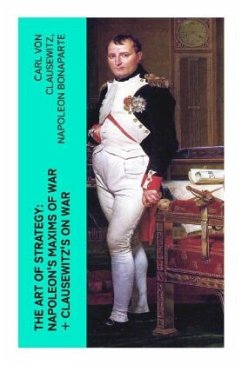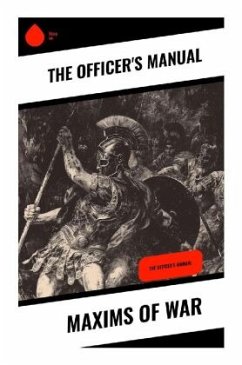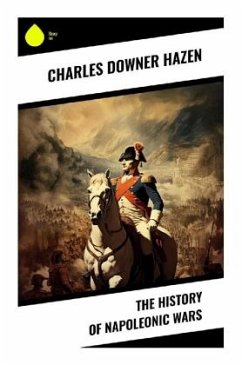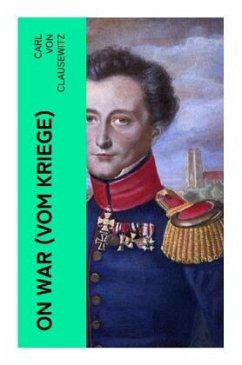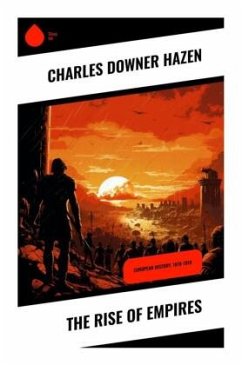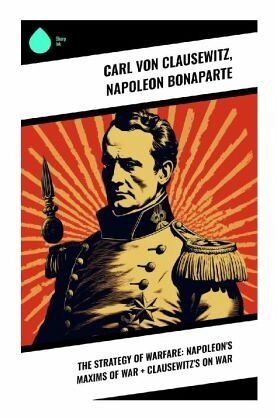
The Strategy of Warfare: Napoleon's Maxims of War + Clausewitz's On War
Versandkostenfrei!
Versandfertig in 6-10 Tagen
32,30 €
inkl. MwSt.

PAYBACK Punkte
0 °P sammeln!
The anthology 'The Strategy of Warfare: Napoleon's Maxims of War + Clausewitz's On War' presents a comprehensive exploration of military strategy, blending the incisive and pragmatic maxims of Napoleon Bonaparte with the profound theoretical insights of Carl von Clausewitz. This collection offers readers diverse literary styles ranging from the succinct and direct prescriptions of Napoleon's aphorisms to the analytical and expansive discussions found in Clausewitz's treatises. Together, these works transcend their historical context, forming a tapestry of strategic thought that remains relevan...
The anthology 'The Strategy of Warfare: Napoleon's Maxims of War + Clausewitz's On War' presents a comprehensive exploration of military strategy, blending the incisive and pragmatic maxims of Napoleon Bonaparte with the profound theoretical insights of Carl von Clausewitz. This collection offers readers diverse literary styles ranging from the succinct and direct prescriptions of Napoleon's aphorisms to the analytical and expansive discussions found in Clausewitz's treatises. Together, these works transcend their historical context, forming a tapestry of strategic thought that remains relevant to contemporary discussions on military doctrine and leadership. Both Napoleon and Clausewitz have shaped, and been shaped by, the maelstrom of Napoleonic Wars, a pinnacle of military evolution. Napoleon's impact as a military commander and posthumous author rings through his maxims, revealing the practical applications of his tactics, while Clausewitz, drawing from his experience as a Prussian general and theorist, intricately dissects war's philosophical complexities. These varied backgrounds and their distinct yet overlapping experiences offer contrasting yet complementary perspectives that deepen our understanding of warfare's enduring nature. This anthology is indispensable for those seeking to engage with the dynamic interplay of theory and practice in military strategy. It presents a unique opportunity to explore military thought from multiple angles, extending beyond simplistic didacticism to offer profound insights into the art of war. Readers are invited to enhance their comprehension of these timeless themes, drawing lessons applicable to broader strategic contexts and benefiting from the dialogue between two monumental figures in military history. This work serves not only as an educational tool but also as a catalyst for deeper reflection on the unending relevance of strategic thought.



